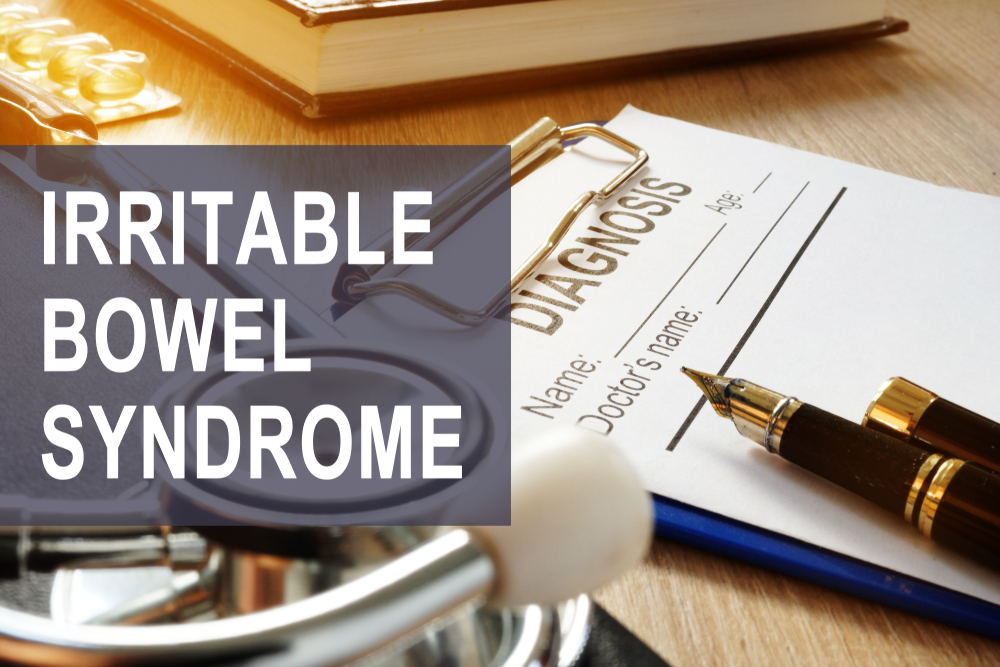Research using the Bio-Kult probiotic brand demonstrating it helps improve IBS gut symptoms and anxiety have now been published in a journal.
The randomised, placebo controlled trial of a multi-strain probiotic formulation (Bio-Kult) in the management of diarrheapredominant irritable bowel syndrome can now be read in BMC Gastroenterol, which confirms that probiotic supplements containing 14 strains of ‘gut-friendly’ bacteria have been shown to not only dramatically improve abdominal pain in IBS patients, but reduce anxiety too.
In the study of 360 patients who had IBS with diarrhoea as their predominant symptom (IBS-D), patients who took Bio-Kult reported a 69 per cent decrease in abdominal pain, compared to 47 per cent in a group who took a placebo.
The four-month study, conducted by the University of Bangabandhu Sheikh Mujib Medical University in Dhaka, Bangladesh, also found the number of patients who rated their symptoms as moderate to severe at the beginning of the study was reduced by 86 per cent in the Bio-Kult group, compared to only 52 per cent in those who took a placebo. A total of 33.7 per cent in the Bio-Kult group said all their symptoms had disappeared at the end of the 16 weeks, compared to just 12.8 per cent in the placebo group. Significantly, as well as relieving IBS-D symptoms, Bio- Kult was shown to markedly improve all aspects of Quality of Life (QoL) evaluated, including psychological issues, such as anxiety about health, depression, lack of enjoyment of life, and feelings of having to avoid stressful situations.
Dr Ashton Harper, Head of Medical Affairs at Protexin Healthcare, commented: “IBS is a significant problem that decreases quality of life and places an enormous economic burden on healthcare systems globally. In the UK alone, as many as eight million of us suffer with this chronic condition. A safe and convenient IBS treatment that is capable of reducing pain by nearly 70 per cent, not to mention completely resolving symptoms in more than a third of patients, demonstrates a profound benefit and holds great promise for this major medical concern.”


